Kitchen countertops are not just functional surfaces but also key elements of your kitchen’s design. The type of material you choose for your kitchen countertops can significantly impact both the aesthetics and functionality of your kitchen. In this comprehensive exploration, we’ll discuss various types of materials commonly used for kitchen countertops, highlighting their unique features and considerations to help you make an informed choice for your kitchen renovation or upgrade.
Granite Countertops: Granite is a natural stone known for its durability and timeless beauty. It’s resistant to heat, scratches, and stains, making it a popular choice for kitchens. Granite countertops come in a wide array of colors and patterns, providing ample opportunities to match your kitchen’s style.
Quartz Countertops: Quartz countertops are engineered stone surfaces made from a combination of natural quartz crystals and resins. They are non-porous, which means they are highly resistant to stains and bacteria. Quartz countertops offer a broad spectrum of colors and patterns and are virtually maintenance-free.
Marble Countertops: Marble countertops exude elegance and sophistication. They are prized for their unique veining patterns. However, marble is softer than granite and can be more susceptible to staining, so it may require more maintenance.
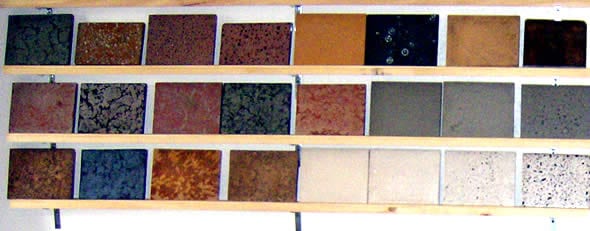
Solid-Surface Countertops: Solid-surface countertops, like Corian, are composed of acrylic or polyester resins mixed with mineral compounds. They are seamless and easy to repair if scratched or chipped. These countertops are versatile in terms of design and come in various colors and patterns.
Laminate Countertops: Laminate countertops are budget-friendly and offer a variety of colors and patterns. They are easy to clean and resistant to staining, but they can be less durable than other materials and may not withstand heat well.
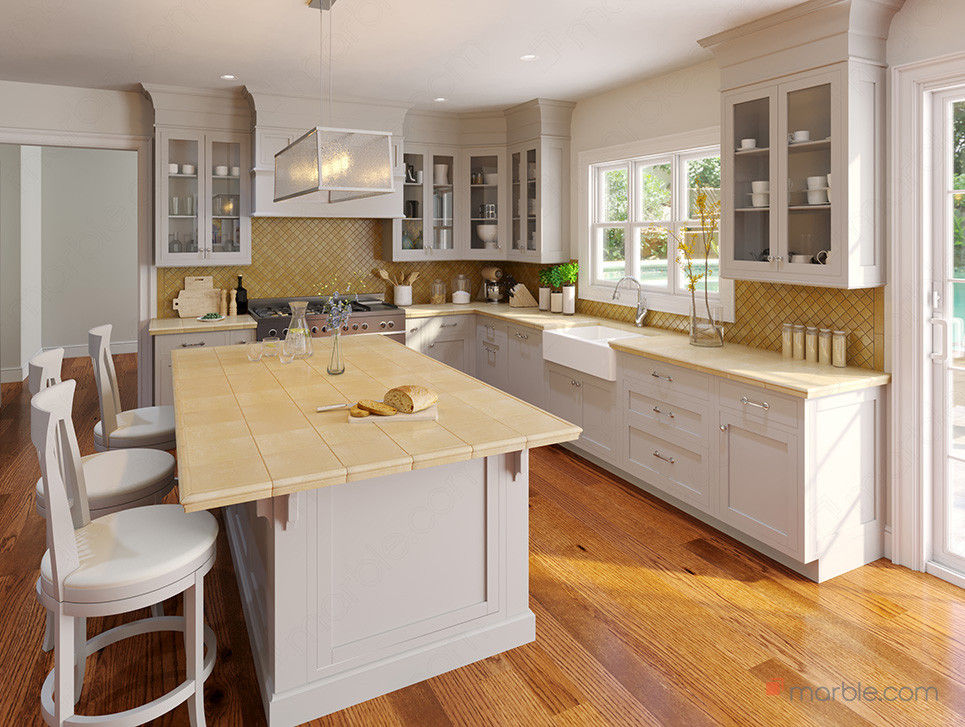
Wooden Countertops: Wood countertops provide a warm and inviting look to kitchens. They are available in various wood species, with butcher block being a popular choice. Wood countertops require regular maintenance, including sealing, to protect against moisture and staining.
Concrete Countertops: Concrete countertops have gained popularity for their modern and industrial aesthetics. They can be customized in terms of color and texture. While durable, concrete may require periodic sealing to prevent water damage.
Tile Countertops: Ceramic or porcelain tile countertops offer versatility in design. You can create unique patterns and color combinations. However, grout lines can be challenging to clean, and tiles can be prone to chipping or cracking if heavy objects are dropped on them.
Stainless Steel Countertops: Stainless steel countertops are highly durable, heat-resistant, and hygienic. They are commonly used in commercial kitchens but are also making their way into residential spaces. Keep in mind that they can scratch easily and may show fingerprints.
Recycled Glass Countertops: Recycled glass countertops are an eco-friendly option. They consist of glass chips embedded in concrete or resin. They provide a distinctive and colorful look, making them a focal point in the kitchen.
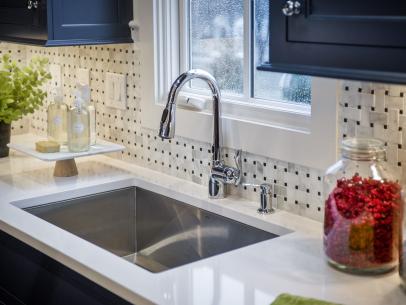
The choice of material for your kitchen countertops should be based on a combination of factors, including your budget, design preferences, maintenance requirements, and how you plan to use your kitchen. Each material has its unique strengths and weaknesses, and understanding these attributes is crucial in making an informed decision. Whether you prioritize durability, aesthetics, or eco-friendliness, there is a countertop material that can fulfill your needs and enhance the overall appeal of your kitchen.
13 Different Types of Kitchen Countertops – Buying Guide Cost

A Guide to 7 Popular Countertop Materials DIY
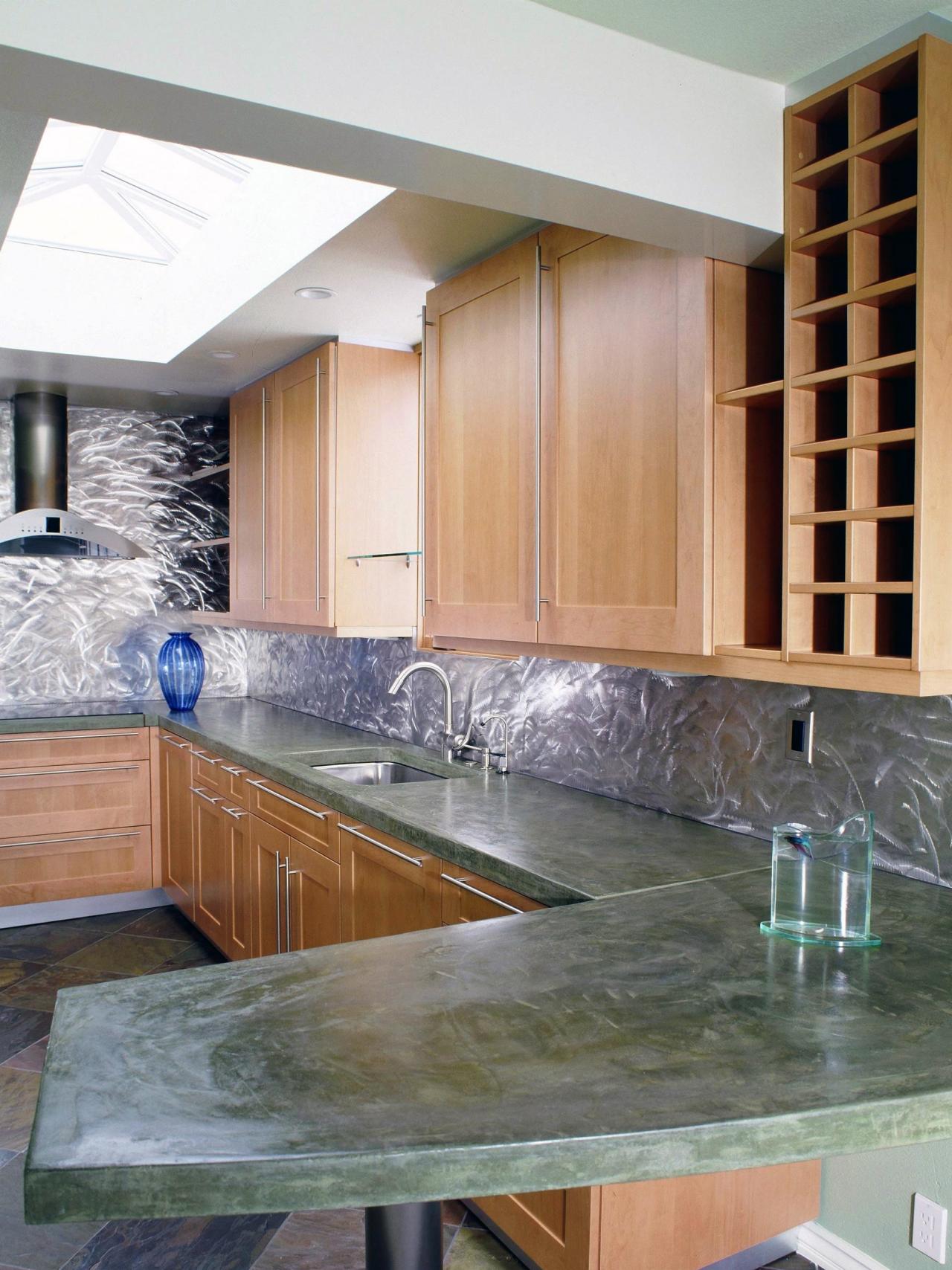
Solid Surface Countertops CounterTop GuidesCounterTop Guides
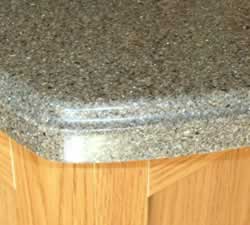
Related articles:
- Kitchen Countertop Design
- Durable Kitchen Countertops
- Cheap Kitchen Countertop Ideas
- Kitchen Countertop Ideas
- Unique Kitchen Countertop Ideas
- Budget Kitchen Countertops
- Wood Kitchen Countertops
- Formica Kitchen Countertop Ideas
- White Granite Kitchen Countertops
- DIY Kitchen Countertops